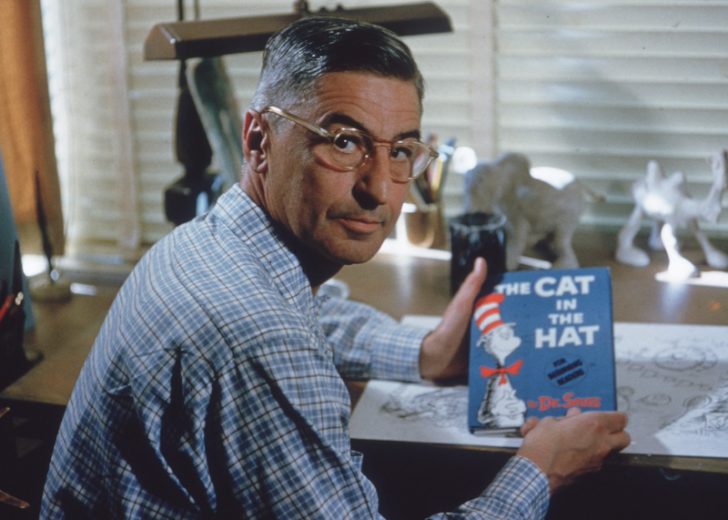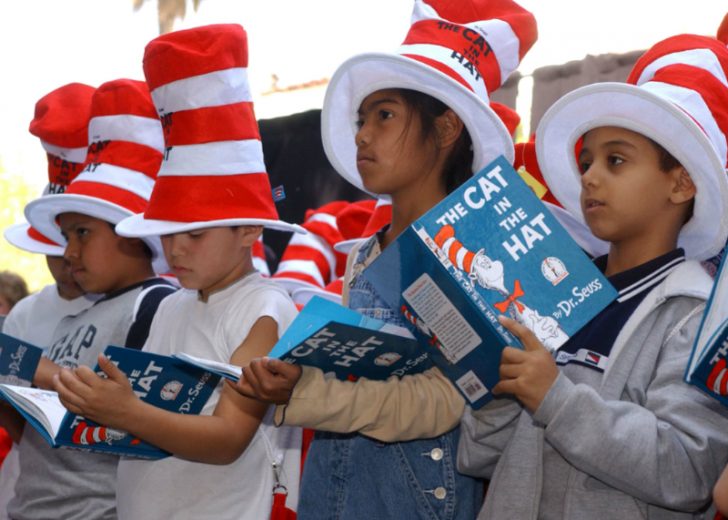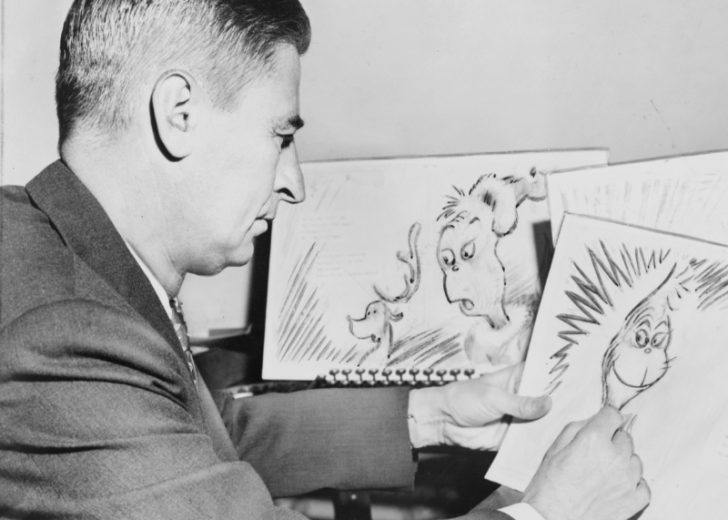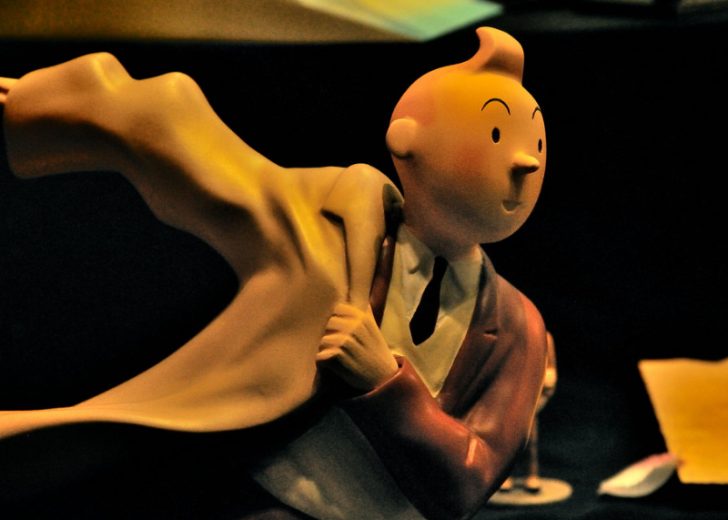In the summer of 1936, a certain Theodor Geisel was sailing from Europe to New York, trying to keep himself entertained during a sea storm when he began penning silly rhymes. The rhymes were inked onto his first children’s book about a boy who sees crazy things happening, “And to Think That I Saw It on Mulberry Street”. The book that was published in 1937, started Geisel’s literary career as Dr. Seuss, publishing over 60 books with over 700 million copies sold globally, as a popular author of children’s books.

But Seuss’s work did not age well, including his debut, “Mulberry Street” which featured a rudimentary racial stereotype about an Asian man, complete with slanted lines for eyes and was among six books that the Seuss estate would cease selling, having determined that racial and ethnic stereotypes in the books are wrong and hurtful . The other five books are “Scrambled Eggs Super! If I Ran the Zoo, On Beyond Zebra! The Cat’s Quizzer and McElligot’s Pool”
Backlash!

The estate’s decision prompted a backlash, raising questions about what must be preserved in cultural records. The news provided a surge in sales for all Seuss classics and soon nine of the Amazon’s top 10 best sellers were Seuss books. Classic children’s books remain perennial best sellers and a revenue stream for publishers. In 2020, 338K+ copies of “Green Eggs and Ham” were bought across USA, where as “One Fish Two Fish Red Fish Blue Fish” managed to see 311K+ copies being sold, and “Oh, the Places You’ll Go!” which is a popular high school graduation gift for many years, sold over 513,000 copies.

The decision was headlined on cable news and complaints about “cancel culture” from various small and big conservatives were posted! Those seeking updates of Seuss’s work, reject some views while protecting his appeal and brand-value. It raises disturbing questions about how an old author’s writings are curated to reflect evolving social attitudes. It enables people to re-evaluate the legacy of Dr. Seuss who died in 1991. The estate may be motivated as racism is bad for the brand, or by a deeper sense of racial justice. Dr. Seuss remains a major kid’s book author to be criticised for out-dated and distasteful depictions of cultural, racial, ethnic, and gender differences.
Other Authors also faced Criticism

Editions of “Tintin” and “Babar,” have been withdrawn from libraries as European authors depicted non-white characters as savages. Hergé’s “Tintin in the Congo,” became controversial about a decade ago and was removed from sales. Roald Dahl revised “Charlie and the Chocolate Factory,” depicting factory workers after racism charges were made by the N.A.A.C.P. in the 1970’s. New children’s books are under scrutiny for insensitive or inaccurate depictions of race and gender, and sometimes are recalled and pulped. We have a choice whether to buy or not but pulling books for political reasons, fundamentally changes what’s on the shelves. For many, there is a disconnect between childhood books that feel cozy and familiar and accusations that they are now offensive or hurtful. Children’s literature is trying to walk a delicate line to preserve an author’s legacy, while rejecting aspects not in step with current socio-cultural values.




